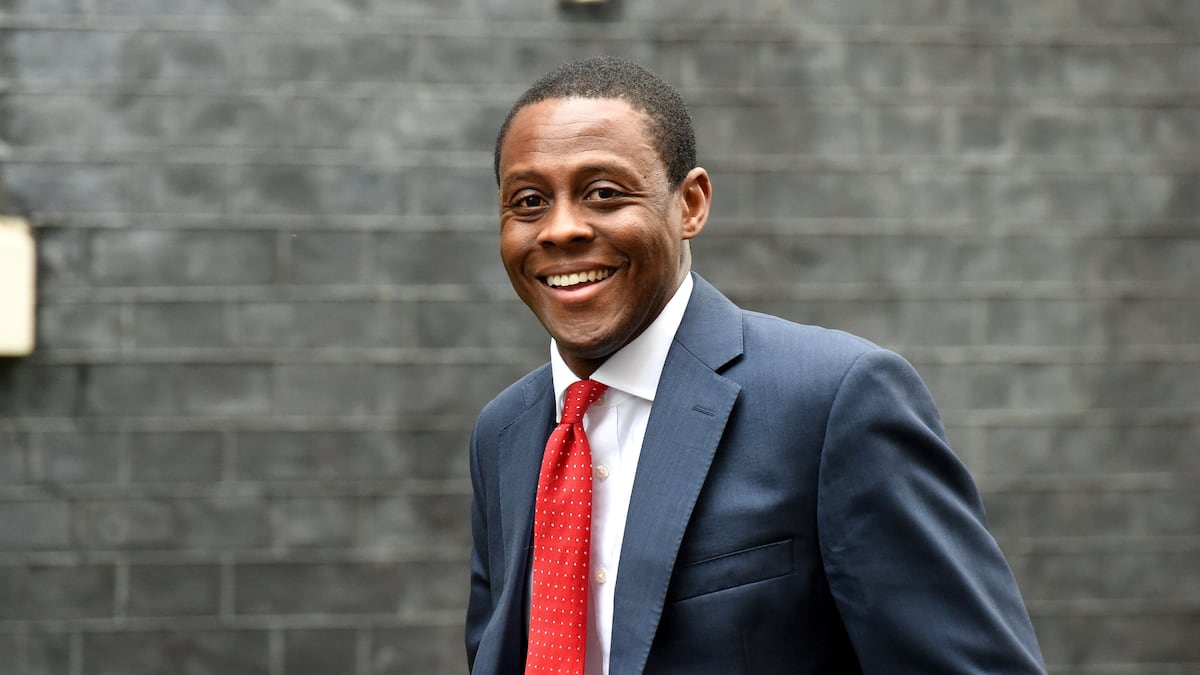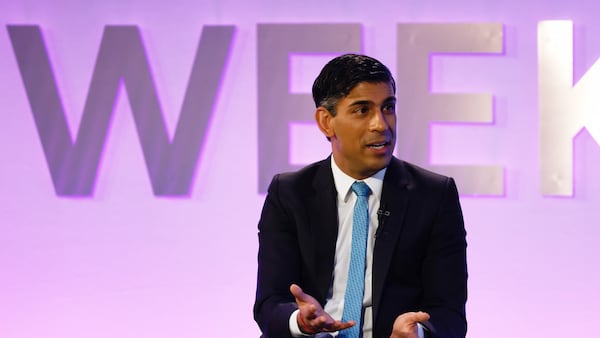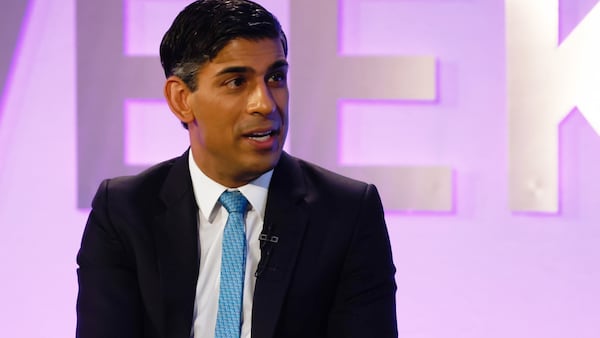- The UK has taken a different regulatory path on crypto than the US.
- Officials is keen on making London a crypto hub.
- New legislation on stablecoins and staking may arrive this summer.
A top minister in the British government urged regulators to take care in policing the crypto industry to make sure its success isn’t “undermined.”
Speaking at an event in London on Wednesday, Bim Afolami, economic secretary for the Treasury, said good regulation shouldn’t squelch the entrepreneurism that drives technology ventures.
“This is the sort of thinking that has undermined our success in this industry,” Afolami said during an event in hosted by The Financial Times.
Successive Conservative governments have sought to stoke cryptocurrency development alongside fintech for the last decade.
While British lawmakers have long preferred “light touch” regulation when it comes to the financial industry, officials have cracked down crypto amid a rising concerns about money laundering and fraud.
‘Nobody can make any money’
Afolami has previously said regulators are too cautious and risk stifling innovation.
Regulation can be pitched appropriately according to the activity it’s targeting, Afolami said.
Getting a banking licence, for example, should be difficult, he said. “There are other areas where you want the barrier of entry to be low,” he said. “And we have to get out of the mindset that says, ‘High standards are always better.’”
“They’re not inherently better if you’re setting an unnecessarily complicated system where nobody can make any money and nobody can innovate,” he said.
Afolami and other Conservatives are eager to position themselves as the business-friendly party ahead of an inevitable general election in the upcoming months. They have pushed the line that digital asset businesses are welcome in the UK.
In 2022, Prime Minister Rishi Sunak, then the UK chancellor of the exchequer, pledged to turn the country into a crypto hub.
Regulatory pushback
But Financial Conduct Authority’s priority is to protect investors from fraud. The FCA has set high anti-money laundering standards for crypto companies, cracked down on illegal crypto ATMs, and set tougher requirements for crypto marketing and advertising.
The FCA approved only four crypto registrants in 2023, DL News reported.
Afolami, however, hastened to add that the government and FCA “have been working well” together.
“I’m not saying I agree with every single one of their decisions,” but “broadly they are working with us,” he said.
Afolami said the government was still committed to Sunak’s vision and that the UK has made strides in that regard, pointing at “the sheer number of people and investors and businesses” who have set up shop in the UK.
“If you ask them, as I have, why are you in the UK, they will say we’re here because we know that the government supports what we’re doing,” he said.
In an apparent dig at US regulators who have pursued numerous lawsuits against a slew of crypto ventures, Afolami said this was in contrast to “certain other countries” that don’t support the industry.
“We’ve moved as fast as we can in setting up a sensible regulatory framework,” he said,
The Treasury, the Bank of England, and FCA have welcomed discussions on a tailored regime for crypto assets. In contrast, US regulators have said existing securities laws cover digital assets.
Afolami said new legislation is expected in Westminster this summer, and it will largely cover staking and stablecoins.
The timing of broader rules on exchanges and other crypto market participants remains uncertain.
With a general election looming this year, there may not be time in Parliament to consider the bill.
Joanna Wright is a regulation correspondent for DL News. Reach out to her at joanna@dlnews.com.







